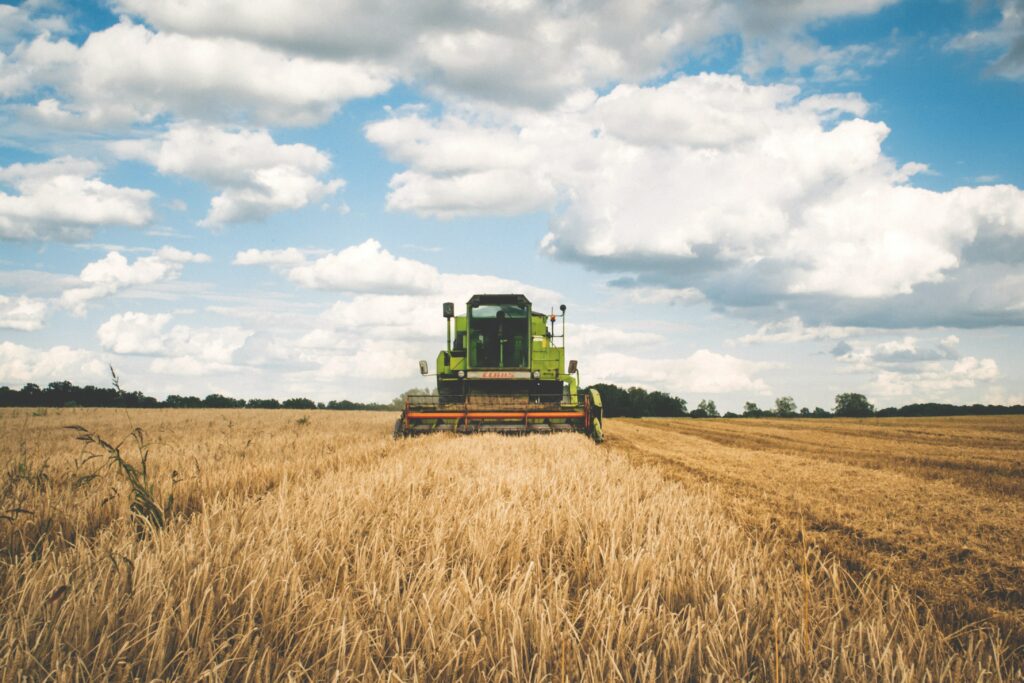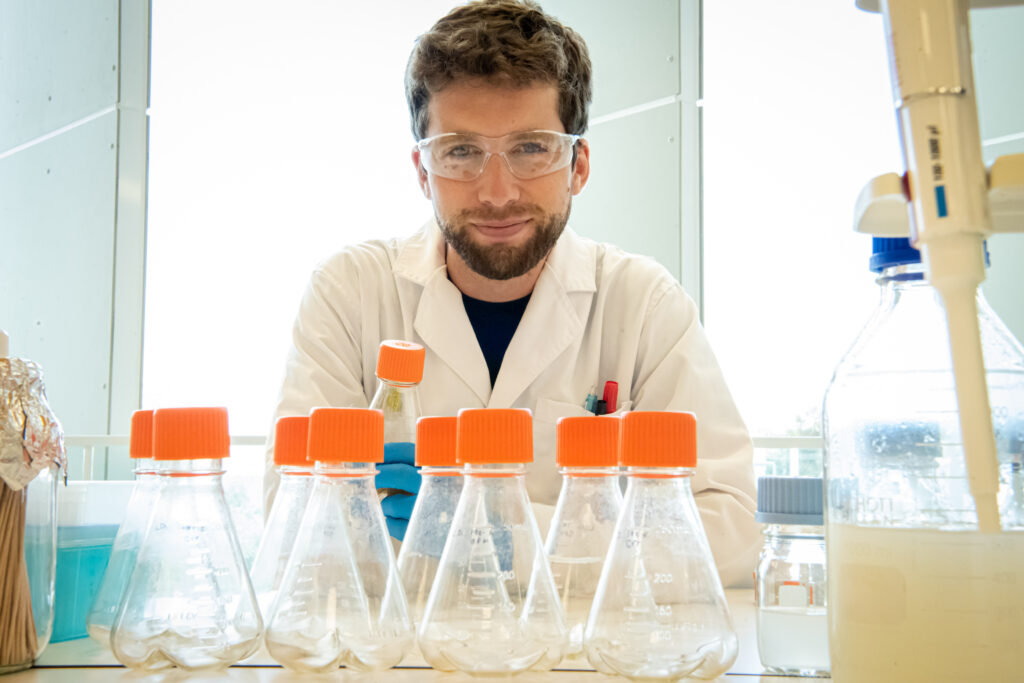Wheat crop health microbiome
Understanding the plant microbiome to enhance wheat crop growth and health, and help meet the increasing demand on this grain.
The challenge

Credit – freestock.org
Wheat is a staple food source for 35% of world’s population and Australia is the world’s sixth-largest wheat producer with an annual production of 35 million tonnes in 2020-21 (IKON Commodity report 2021). It is suggested that to meet the dietary needs of a growing world population, an 11% increase in wheat production is required by 2026 despite only a 1.8% potential for increase in cultivation area (OECD/FAO 2017). Increasing the strain on wheat stocks, disease impacts in Australian wheat crops cause >$500 million losses in grain yields annually. To meet the increase in demand and to reduce the negative impacts of diseases on crop yields, targeted research will focus on enhancing the growth and health of this important food crop.
Understanding the wheat microbiomes to enhance crop growth and health
Plants are host to a diverse and interconnected community of microbes in the below and above-ground plant parts that provide essential services, such as sourcing and mobilising nutrients, enhancing plant growth, deterring disease, and bolstering the plant’s tolerance to environmental stresses. Despite this, what impacts the plant host-microbiome relationship in natural environments is still poorly understood.
CSIRO research will focus on:
- The below-ground region of the plant (root endosphere) and the soil surrounding these tissues (rhizosphere). By describing the community of microbes and their function in the soil/root interface in disease suppressive soils, will enable a better understanding of the role they play in the health of the plant. This research will use genomics and metabolomics techniques, and sRNA sequencing approaches to describe what drives functional microbiome assembly, gene expression responses in plants and overall host-microbe interactions.
- The above-ground region of the plant (phyllosphere) with the aim to discover novel biocontrol agents to enhance growth and/or fend off microbial pathogens. The research will use metabolomics to identify important bioactive molecules that regulate the host-microbe dynamics.
- Capture a series of detailed snapshots of gene expression in the host wheat plant, and all the microbes that are living inside and on the surface of the plant across wheat plant development (from seed germination to flowering). This will include wheat plants exposed to the biocontrol agent and the disease suppressive soils.
By understanding how global food crops, such as wheat, interact with the microbiome that surrounds it, targeted interventions will be provided that will enhance the health and production by food crops. This will help prevent crop losses from disease and environmental stresses, including drought and changing climate, and help close the yield gap which is vital to meet the growing demand for global food supplies.
Publications
Do small RNAs unlock the below ground microbiome-plant interaction mystery?
Growing soil organic carbon in dryland agricultural systems
Streptomyces and their specialised metabolites for phytopathogen control
Bioactive Compounds from Diatoms | 2 | Diatoms Biotechnology | Win Nee (taylorfrancis.com)
The plant health team
Dr Roshan Regmi Postdoctoral Fellow, Functional Soil Biology
Dr Lachlan Dow Postdoctoral Fellow
Dr Simon Law Research Scientist, Biotic Interactions
Dr Gupta Vadakattu Senior Principal Research Scientist, Functional Soil Biology
Dr Louise Thatcher Principal Research Scientist, Microbial Technologies
Dr Jonathan Anderson Principal Research Scientist
Dr Luke Barrett Senior research Scientist, Biotic Interactions
Dr Alan Richardson Chief Research Scientist, Digital Interactions
Dr Susie Sprague Team Leader, Biotic Interactions

